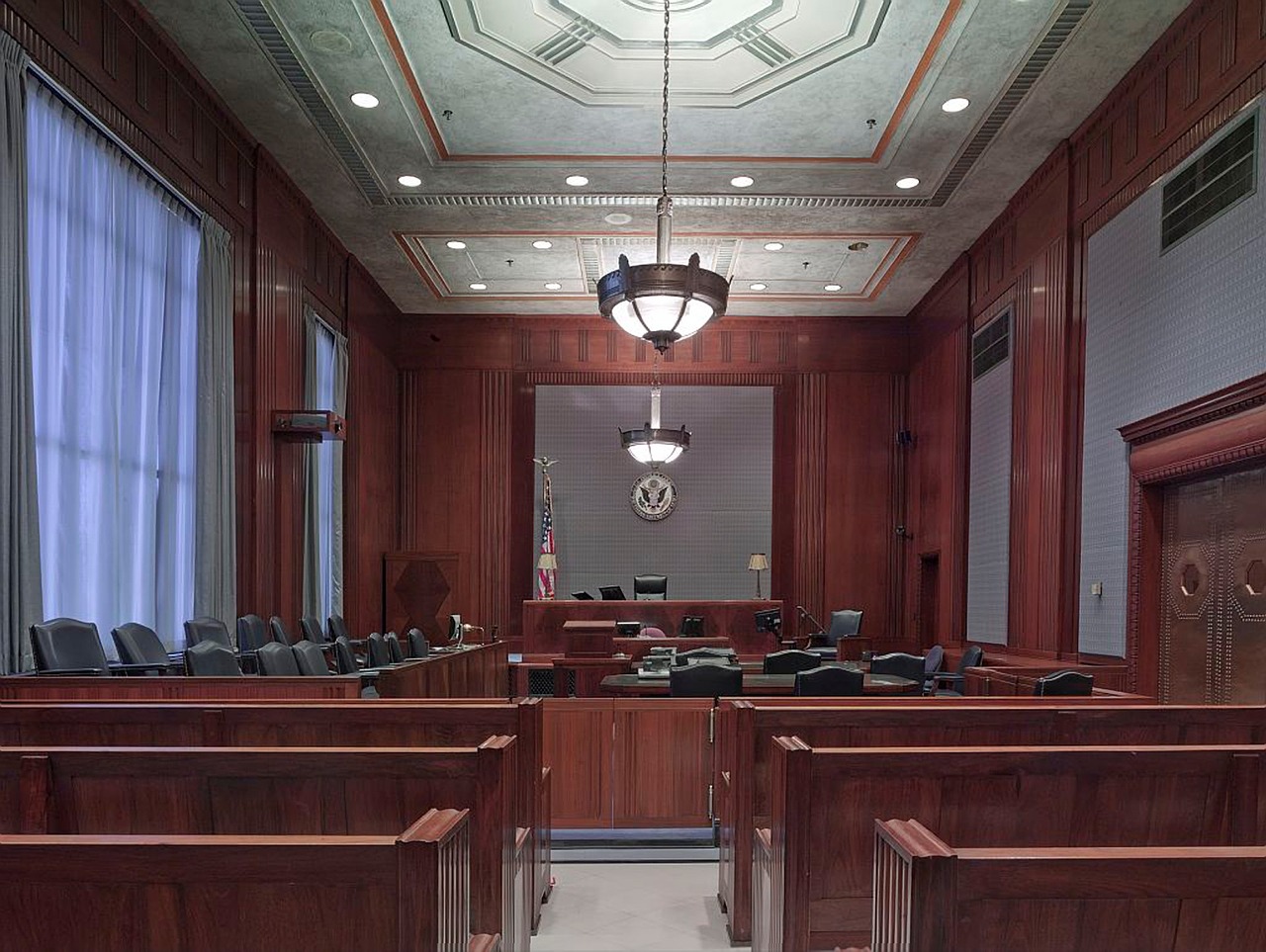If you are charged with committing a criminal offense, an experienced criminal defense attorney will likely explore a variety of strategies to try and prevent a conviction. While the strategies used in your case will depend on the unique set of facts and circumstances, a common defense tactic is to file a Motion to Suppress. To help you understand how such a move might impact your case, a Murfreesboro criminal defense lawyer at Bennett | Michael | Hornsby explains what a Motion to Suppress is in a Tennessee criminal prosecution.
Criminal Trial Basics
If you are arrested and formally charged with committing a crime, the State of Tennessee, through the prosecuting attorney, is required to provide
What Is a Motion to Suppress?
Rule 12 of Tennessee’s Rules of Criminal Procedure states that a “party may raise by pretrial motion any defense, objection, or request that the court can determine without a trial of the general issue.” A Motion to Suppress Evidence is specifically enumerated as one of the motions that falls under the purview of Rule 12. As such, a Motion to Suppress is filed during the pre-trial phase (before a trial) of a criminal prosecution and is ruled on by the judge either based solely on the written motion and response from the State or following a hearing.
A Motion to Suppress is a request made by the defense to exclude specific evidence from being used against the defendant in a criminal trial. A Motion to Suppress will argue that the evidence in question was obtained illegally or in violation of the defendant’s constitutional rights.
If a Motion to Suppress is granted, it means that the evidence in question cannot be used against the defendant at trial. If the motion is denied, the case proceeds to trial and the evidence can be used against the defendant at that trial. If the evidence in question is critical to the State’s case against a defendant, and the Motion to Suppress is successful, the State is often forced to dismiss some or all charges against the defendant.
Examples of When a Motion to Suppress Might Be Warranted
Only an experienced criminal defense attorney can evaluate the evidence and circumstances under which that evidence was collected in your case and provide you with an opinion as to the likelihood of that evidence being suppressed; however, there are some common situations that trigger the filing of a Motion to Suppress, including:
- Unlawful search and seizure. A law enforcement officer must have a warrant to search your person, place, or things, unless an established exception to the warrant requirement applies. If a search and seizure was conducted unlawfully, or the search exceeded the bounds of a warrant, evidence seized may be excluded from trial.
- Unlawfully obtained confessions. If a confession was coerced and/or the defendant was deprived of basic rights during questioning (kept isolated for a prolonged period with no access to food, water, bathroom, for example), that confession might be suppressed.
- Violations of Miranda rights. Once a person is in custody, a law enforcement officer must advise that person of his/her Miranda rights, including the right to remain silent and the right to an attorney. Failure to do so can subject anything the individual says to exclusion from trial.
- Break in the chain of custody. The State must be able to account for exactly how a piece of evidence was handled, and by whom, to ensure that the evidence was not tampered with or corrupted. This is referred to as the “chain of custody.” If there is a break in the chain of custody, that piece of evidence may be suppressed.
- Unlawful out-of-court identification. Law enforcement officers may conduct lineups or present phot arrays; however, they cannot influence a witnesses’ identification of a suspect. If they do, that identification may be excluded from trial.
Contact a Murfreesboro Criminal Defense Lawyer
If you have been charged with a criminal offense in the State of Tennessee, consult with an experienced Murfreesboro criminal defense lawyer at Bennett | Michael | Hornsby as soon as possible. Contact the team today by calling 615-898-1560 to schedule your free appointment.
- When Does a Trust Terminate in Tennessee? - March 19, 2024
- Avoid These Common Mistakes When Administering a Trust - February 27, 2024
- What Is a Motion to Suppress in a Tennessee Criminal Prosecution? - January 23, 2024



